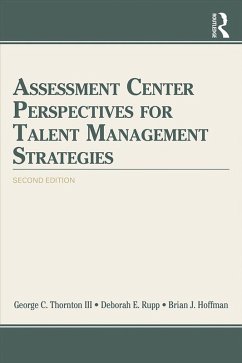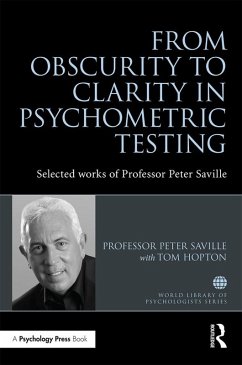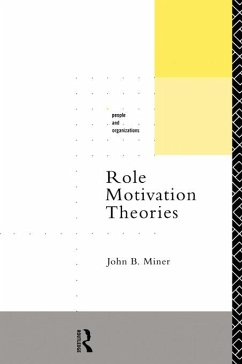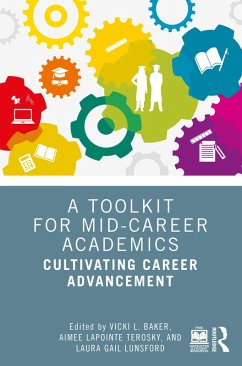
Mid and Late Career Issues (eBook, ePUB)
An Integrative Perspective
Versandkostenfrei!
Sofort per Download lieferbar
48,95 €
inkl. MwSt.
Weitere Ausgaben:

PAYBACK Punkte
24 °P sammeln!
This new book looks at the unique career issues faced by those workers in their mid and late career stages, particularly with regard to the psychosocial dynamics of mid and late careers. With the growth in aging workers worldwide, we need a deeper understanding of the unique challenges and issues as well as the practical implications related to the shifting demographics to an older workforce, particularly the aging of the baby boom generation. This book reviews, summarizes and integrates the literature on a wide variety of issues and organizational realities related to these workers. Numerous ...
This new book looks at the unique career issues faced by those workers in their mid and late career stages, particularly with regard to the psychosocial dynamics of mid and late careers. With the growth in aging workers worldwide, we need a deeper understanding of the unique challenges and issues as well as the practical implications related to the shifting demographics to an older workforce, particularly the aging of the baby boom generation. This book reviews, summarizes and integrates the literature on a wide variety of issues and organizational realities related to these workers. Numerous case studies based on one-on-one interviews with older workers and recent retirees provides illustrative examples of the key concepts discussed in each chapter. Students, researchers, and professionals in industrial organizational psychology, human resource management, developmental psychology, vocational psychology and gerontology will find this authoritative book of interest.
Dieser Download kann aus rechtlichen Gründen nur mit Rechnungsadresse in A, B, BG, CY, CZ, D, DK, EW, E, FIN, F, GR, HR, H, IRL, I, LT, L, LR, M, NL, PL, P, R, S, SLO, SK ausgeliefert werden.













